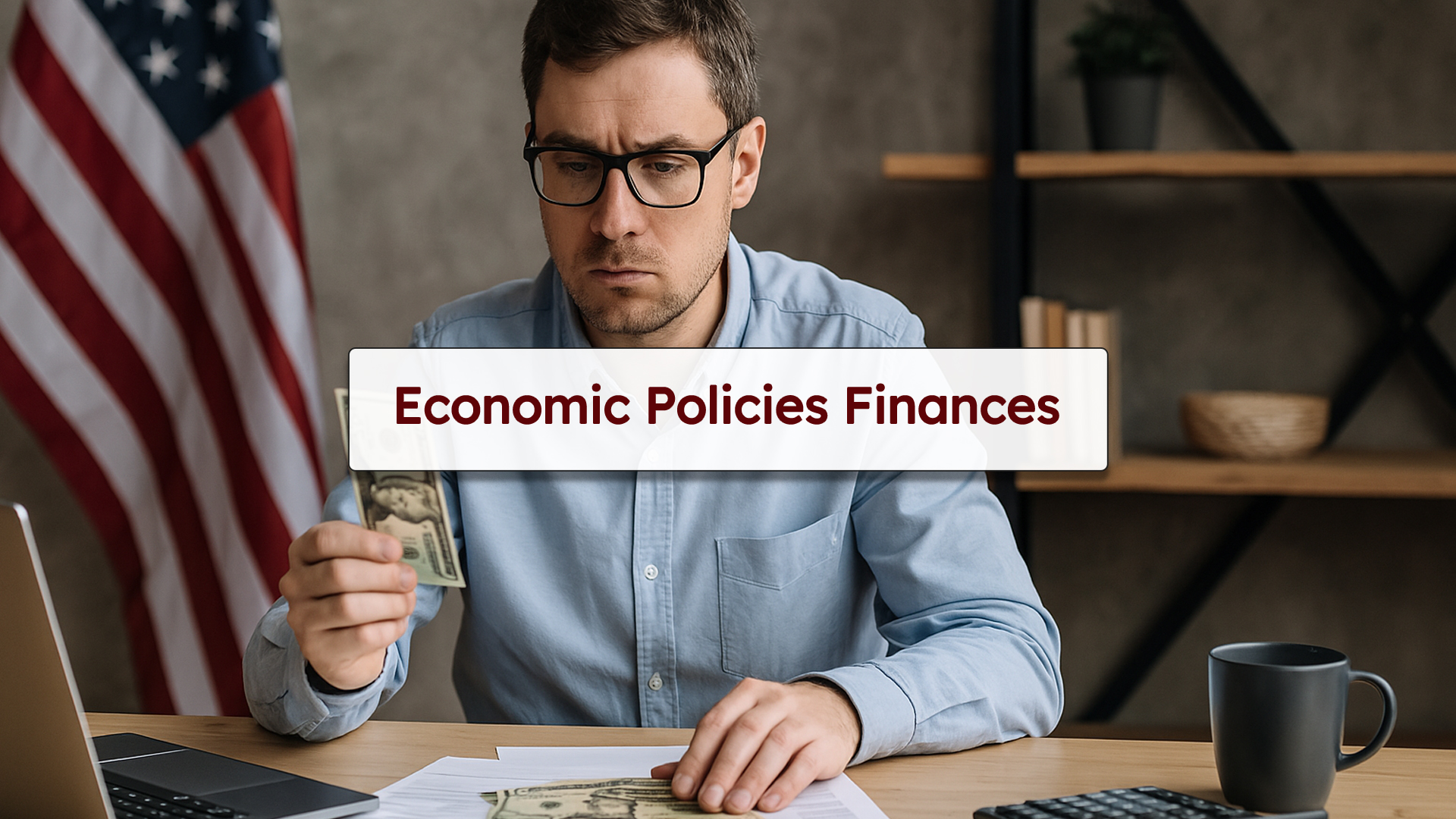Economic policies set by governments and central banks influence the financial well-being of individuals in numerous ways. Whether through interest rates, taxation, government spending, or trade regulations, these policies shape economic growth, inflation, employment rates, and, ultimately, your personal financial health.
1. Interest Rates and Borrowing Costs
One of the most immediate ways economic policies impact your finances is through interest rates. When central banks adjust interest rates, it affects everything from mortgage rates to credit card debt and personal loans. Lower interest rates make borrowing cheaper, encouraging spending and investment, while higher interest rates increase borrowing costs, potentially slowing down economic activity.
2. Inflation and Purchasing Power
Inflation, or the rate at which prices rise over time, is a direct result of economic policies. Policies that increase government spending or lower interest rates can stimulate economic growth but may also lead to higher inflation. If wages don’t keep pace with inflation, the purchasing power of your money diminishes, making everyday goods and services more expensive.
3. Taxation and Disposable Income
Tax policies determine how much of your income you get to keep. Governments may raise taxes to fund public services or lower them to stimulate economic activity. Changes in income tax, property tax, and sales tax directly impact your budget, influencing how much you save or spend.
4. Employment and Wages
Economic policies affect job creation and wage growth. Policies that promote business investment and innovation can lead to more job opportunities and higher salaries. Conversely, restrictive trade policies or high corporate taxes may discourage business expansion, potentially leading to job losses or wage stagnation.
5. Government Spending and Social Programs
Public spending on healthcare, education, and infrastructure can provide financial relief to households. For example, policies that fund affordable healthcare can reduce out-of-pocket expenses, while investments in education may improve job prospects and earning potential.
6. Trade Policies and Cost of Living
Trade policies, including tariffs and import regulations, impact the prices of goods and services. Policies that encourage free trade can lower costs by increasing competition, while protectionist policies may raise prices by limiting imports and increasing production costs.
Conclusion
Understanding how economic policies affect your personal finances empowers you to make informed financial decisions. By staying informed about interest rate changes, tax policies, inflation trends, and government spending, you can better prepare for economic shifts and safeguard your financial future.


